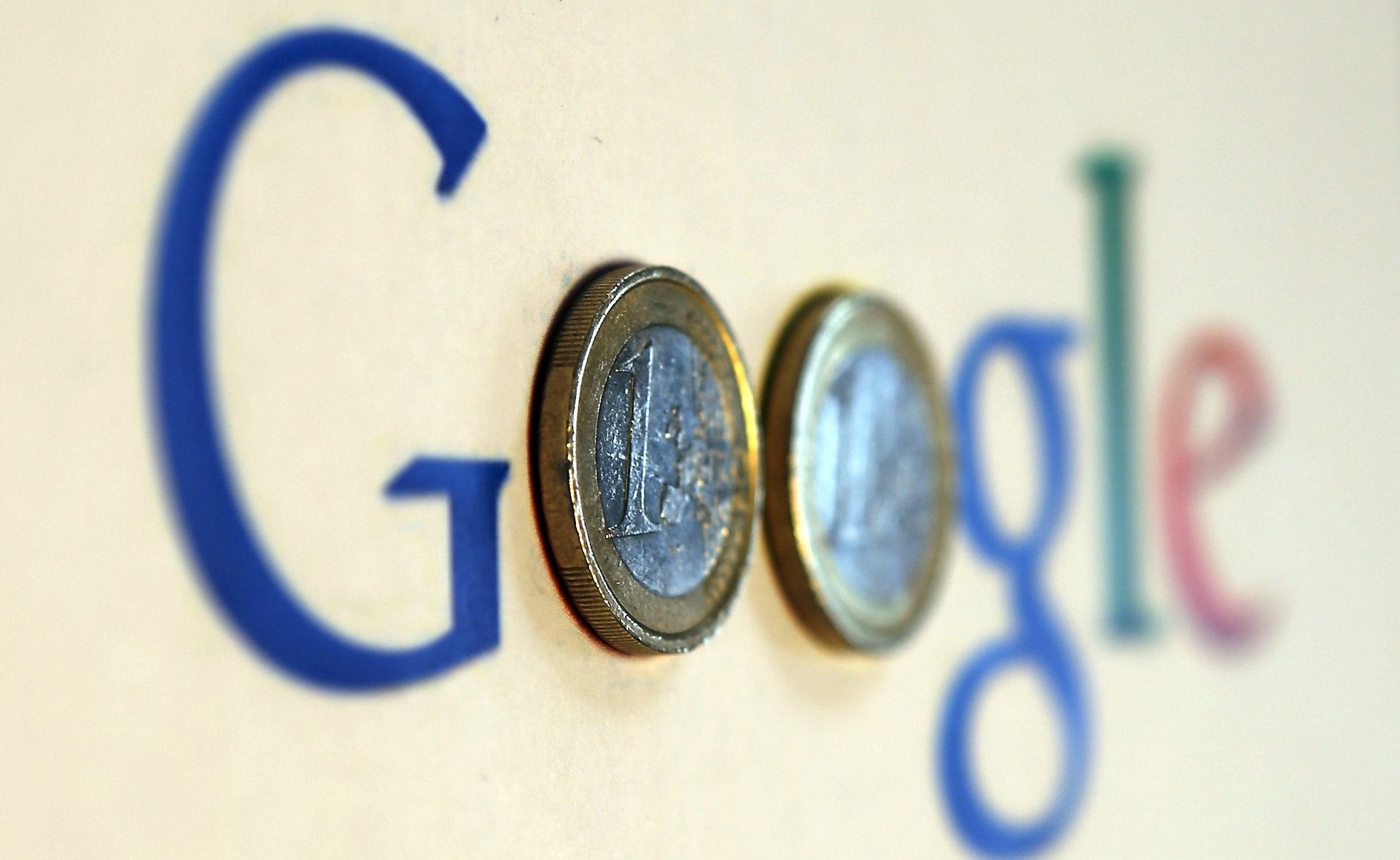Google struck a tax deal with the UK, but it’s not off the hook yet
Google’s new deal with the United Kingdom’s tax authority will see it pay £130 million ($185 million) in back taxes from the last 10 years. Politicians and tax experts have already decried it as being a paltry sum. But the new deal might just mark the start of intensified tax wrangling for the tech giant in Europe.


Google’s new deal with the United Kingdom’s tax authority will see it pay £130 million ($185 million) in back taxes from the last 10 years. Politicians and tax experts have already decried it as being a paltry sum. But the new deal might just mark the start of intensified tax wrangling for the tech giant in Europe.
First, let’s look at the reasons why there’s outrage over Google’s UK tax deal. Google denies that it has avoided taxes in the past, telling the BBC that it paid the taxes it owed according to the rules at the time. Google’s UK business operates on a “cost-plus” basis, earning fees from an Irish sister company and its US parent. Under the new deal with Her Majesty’s Revenue and Customs (HMRC), its UK unit will recognize more revenues from UK ad sales (paywall), increasing the amount of taxable profit.
But critics say that based on Google’s own reported UK revenues, its past tax bills have seemed disproportionately low, and the new deal barely scratches the surface of what it owes.
According to Google’s last annual report, it generated $6.48 billion in revenues in the United Kingdom in 2014. The filing doesn’t say what its pre-tax profits from those revenues are in the UK. To complicate matters, its UK entity hasn’t filed its latest accounts.
What we do know is Google as a whole reported a profit margin of 26.2% before taxes. Applying that ratio to its UK revenues would produce profits of $1.68 billion. Since the UK has a corporate tax rate of 20%, the tax bill for 2014 would come up to $336 million. But that figure is vastly larger than the actual bill Google will pay the UK for the year because of the arrangement it has with its Irish sister company. In 2013, for example, it declared $5.6 billion in sales in the UK and paid $31 million ( £21.6 million) in taxes.
The larger estimate of $336 million is the sort of amount that tax experts believe Google should be paying to the UK annually. Richard Murphy, a professor at City University in London who tracks Google’s tax arrangements, calls Google’s new tax deal “amazingly good”. He estimates that it’s actually paying about a quarter of what it owes. “The current tax rate might be about 5% or less of the real profits arriving in the UK. That’s an astonishingly low rate of tax,” he told Quartz.
A raft of UK and international rules means that Google may be paying more in the future. The UK introduced a new law in April 2015 that levies a 25% tax on profits diverted out of the country. Because the terms of Google’s new deal remain confidential, besides what it has chosen to make public, we don’t know if it covers any taxes owed under this rule. There is a slim chance that it might be applied by the UK tax authority, Murphy told Quartz, but it’s probably covered by the new deal.
HMRC told Quartz it doesn’t disclose details of particular enquiries, but called the Google deal a “substantial result.” In a statement, Google told Quartz it agreed to pay “the amount of tax that HMRC agrees we should pay. Governments make tax law, the tax authorities enforce the law and Google complies with the law.”
The UK introduced the new rule in response to a global re-thinking of how companies should pay their taxes. That’s spearheaded by the OECD’s Base Erosion and Profit Sharing framework, better known as BEPS, which estimated that up to $240 billion in taxes is lost to creative movement of money by corporations globally each year. The BEPS package, finalized in October 2015, is supposed to help governments get some of that money back.
Some governments are taking this seriously. France, for example, has said Google owes it €1 billion ($1.4 billion) (paywall) in taxes over a number of years. That dispute has not yet been resolved. If Apple’s recent tax deal with Italy is anything to go by, Google will have to reach a French settlement worth hundreds of millions, at least. Italy asked for for nearly €900 million ($975 million) and settled for $350 million.
Then there’s the European Commission, which has been aggressively investigating the tax arrangements of global companies on the continent. It’s looking into Apple’s arrangement with Ireland, and it could slap the iPhone maker with a bill of nearly $5 billion if it finds that it has been receiving illegal state aid from the Irish government. In 2014, it opened a probe into Amazon’s dealings with Luxembourg that’s still ongoing. The competition commissioner, Margrethe Vestager, has had a string of successes, including findings against ABInBev, BP, Starbucks, and Fiat, in recent months.
Google’s UK tax deal doesn’t set a precedent for other European tax authorities and the European Commission. But it could provide other tech firms with a strong argument for similar deals of their own in the UK. However, too many of these deals could attract the attention of the European regulator, as Murphy pointed out. “The European Commission might say, hang on a minute, is the UK providing artificial state aid? The new deal might be a poisoned chalice for Google,” he said.